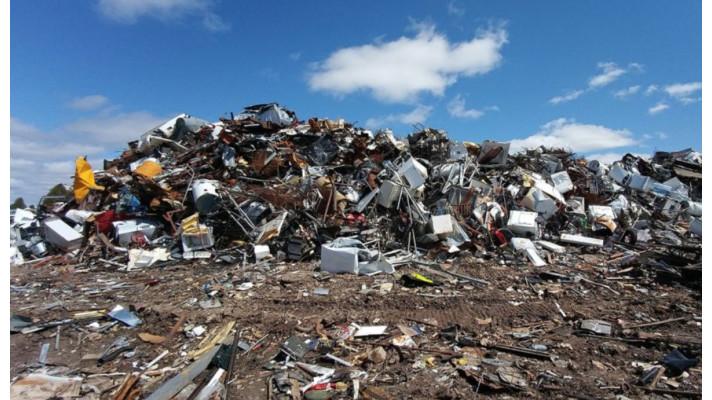European Parliament pushes for targets to reduce over-consumption
Most MEPs are demanding the European Commission put forward legally binding targets to curb waste and over-consumption - a move that could give the EU's circular economy agenda a massive boost. Mauro Anastasio reports.
MEPs in the environment committee are pushing to further accelerate Europe's transition to a circular economy following a key vote in the European Parliament this week.
Amongst other measures, lawmakers called for the introduction of two binding targets to significantly reduce the EU's material and consumption footprints by 2030. The targets would curb Europe's consumption and material footprints, bringing consumption and production patterns within planetary boundaries by 2050.
The vote comes as part of a Parliamentary report in response to the Circular Economy Action Plan put forward by the European Commission in March last year. Hailed as one of the pillars of the European Green Deal, the Commission's proposal was already praised for its ambition in calling for sustainability and durability in the design of textiles, electronics, packaging, batteries, and other products.
The Parliament's stance significantly improves the action plan, said Stephane Arditi, Director of Policy Integration and Circular Economy at the European Environmental Bureau (EEB). "Like we said last year, binding targets for material use and consumption patterns were the main missing piece of the puzzle in the Commission's proposal," he said.
"If confirmed in plenary next month and approved by the European Commission and member states without delays, the targets can play a central role in Europe's green recovery," according to Arditi.
In its proposal, the Commission had previously proposed a vague monitoring framework to slash resource use. "EU officials must now take this as an opportunity to strengthen the original text swiftly to ensure citizens, businesses and governments can reap the benefits of a truly circular economy," Arditi said.
Interestingly, this move wouldn't be the first of its kind. Across Europe, the Netherlands and Finland have already adopted targets to reduce resource use.
Other notable amendments approved by the environment committee this week push for:
- An ambitious policy making sustainable products placed on the EU market the norm and the affordable choice. In this regard, MEPs support the development of a product passport;
- Measures aimed at putting an end to planned obsolescence in everyday products.
- A more limited role for chemical recycling, which is to be assessed based on its environmental impact;
- Binding targets to reduce and cap the generation of waste, and to prevent waste. The Parliament also wants an additional target to boost the preparation of products for reuse;
- Measures aimed at reducing waste incineration and landfilling. These include a 10% landfill target to be set on a baseline year and kg of waste per person a year in order to prevent diversion from landfilling to waste incineration;
- The absolute decoupling of economic growth from resource use.
